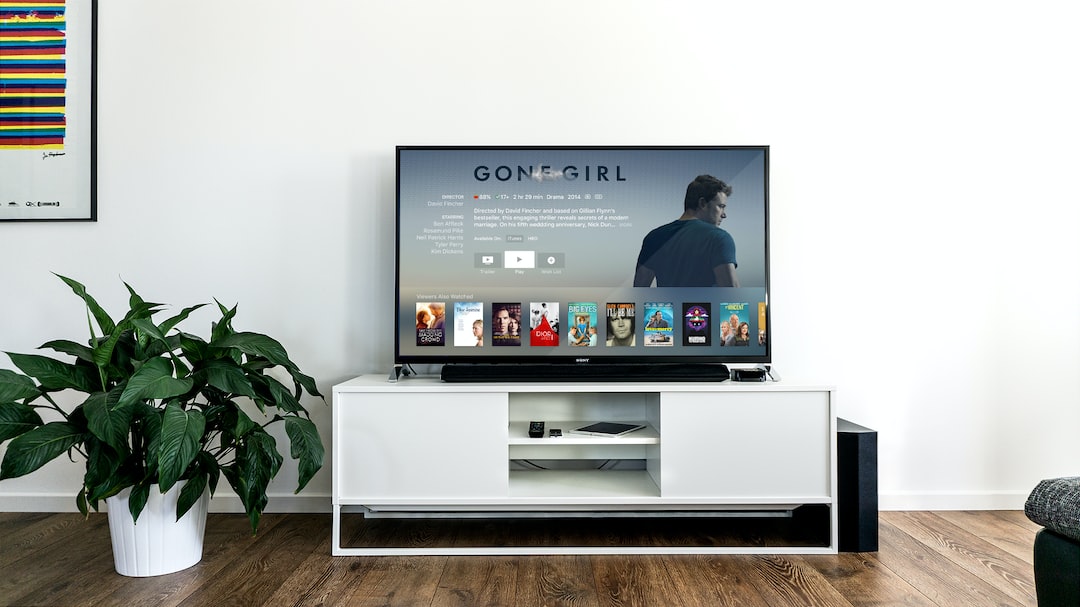The Influence of Social Media on Celebrity Culture
In an era dominated by technology and a constant stream of information, social media has taken center stage. It has become an influential force in shaping various aspects of our lives, including our perception of celebrity culture. The rise of platforms such as Instagram, Facebook, Twitter, and TikTok has given rise to a new breed of celebrity – the social media influencer. With millions of followers and the power to shape trends, these influencers have redefined what it means to be a celebrity in the digital age.
One of the most significant ways social media has influenced celebrity culture is through accessibility. In the past, celebrities were seen as distant figures, living glamourous lives that were far removed from everyday reality. However, with social media platforms, celebrities now have the ability to connect directly with their fans. They can share not only the highlights of their lives but also the more mundane aspects. Through personal posts, behind-the-scenes footage, and live streaming, celebrities can create a sense of intimacy and relatability with their followers. This newfound accessibility has not only humanized celebrities but also made them more approachable and relatable to their fans.
Moreover, social media has given rise to the democratization of fame. With the ability to create content and share it on various platforms, anyone can potentially become a celebrity. Influencers have emerged from all walks of life, gaining fame through their unique talents, creativity, or even just their ability to create viral content. This shift has disrupted the traditional notions of celebrity, as fame no longer exclusively depends on a Hollywood film or a hit record. Social media has provided a platform for individuals to showcase their skills and gain recognition on their own terms, empowering them to connect with audiences globally.
Additionally, social media has revolutionized how celebrities interact with their fans. Through platforms like Twitter and Instagram, celebrities can engage in direct conversations with their followers, responding to comments, and even joining online discussions. This direct communication has greatly reshaped the power dynamic between celebrities and their fans, fostering a sense of community and breaking down traditional barriers. Celebrities are no longer distant figures; they are now accessible and responsive, giving their fans a voice and a platform to express their opinions and feedback.
Furthermore, social media has created new opportunities for celebrities to monetize their influence. With large followings, celebrities can partner with brands for endorsements, sponsorships, and collaborations. The rise of influencer marketing has allowed celebrities to capitalize on their online presence and turn their platforms into lucrative businesses. Social media platforms have transformed celebrities into entrepreneurs, offering them a new way to generate income and diversify their revenue streams beyond traditional entertainment avenues.
However, the influence of social media on celebrity culture is not without its drawbacks. One of the major downsides is the potential for intense scrutiny and trolling. Social media can be a breeding ground for negativity, and celebrities are not immune to online harassment and criticism. The constant presence and accessibility social media provides can take a toll on celebrities’ mental health, leading to burnout, anxiety, and depression. The pressure to maintain a curated online persona and the fear of public backlash can be overwhelming, resulting in the erosion of authenticity and the cultivation of a hyper-performer image.
Additionally, social media has also fueled the phenomenon of “cancel culture.” If a celebrity says or does something deemed offensive or controversial, they can be subjected to severe backlash, leading to a swift and widespread form of public shaming. While accountability is important, the fast-paced nature of social media can often lead to snap judgments and hasty consequences, without allowing room for growth or redemption.
In conclusion, it is undeniable that social media has had a profound influence on celebrity culture. It has transformed the way celebrities connect with their fans, given rise to a new breed of influencers, and democratized fame. However, social media also comes with its downsides, including intense scrutiny, mental health implications, and the rise of cancel culture. As social media continues to evolve, it will be essential for celebrities and their audience to navigate its impact thoughtfully and responsibly, ensuring that the positive aspects of this technological revolution outweigh the negative.
